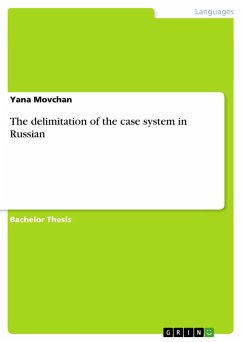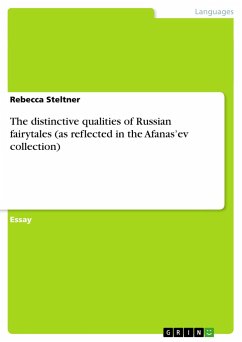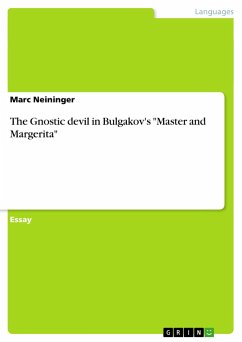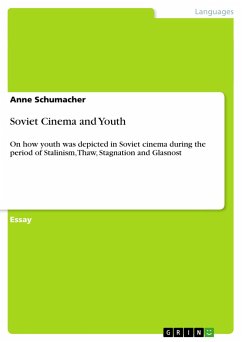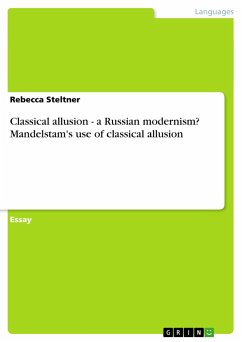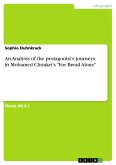Bachelor Thesis from the year 2009 in the subject Russian / Slavic Languages, grade: very good (A), The University of North Carolina (Slavic Languages ), language: English, abstract: It is well-known that the Russian language has six cases: nominative, accusative, genitive, dative, instrumental, and prepositional. However, some linguists argue that Russian has a separate vocative, a locative and two genitives, such as partitive and nonpartitive genitives (Comrie 1986: 86). This term-paper demonstrates the development of the Russian case system. Since the considered subject is extremely large only three approaches will be demonstrated. The distributional approach proposed by Bernard Comrie will be compared to the approaches of A.A. Zaliznjak and A. N. Kolmogorov. This paper will begin with a quick look at the Russian case system represented by traditional academic grammars such as Russian Grammar edited by N. Ju. Svedova. Then, some new theories on delimiting cases will be presented and examined in practice. When dealing with delimiting cases, researchers have split the concept of case into two separate directions: the formal and the functional. Using different methods, linguists are trying to juxtapose these approaches to find out and eliminate the equivocations in Russian case system. There is no one-one correspondence between formal and functional approach. Finally, we will try to find out how large is the discrepancy between these two concepts in Russian and how many cases could be distinguished using these theories.
Hinweis: Dieser Artikel kann nur an eine deutsche Lieferadresse ausgeliefert werden.
Hinweis: Dieser Artikel kann nur an eine deutsche Lieferadresse ausgeliefert werden.

